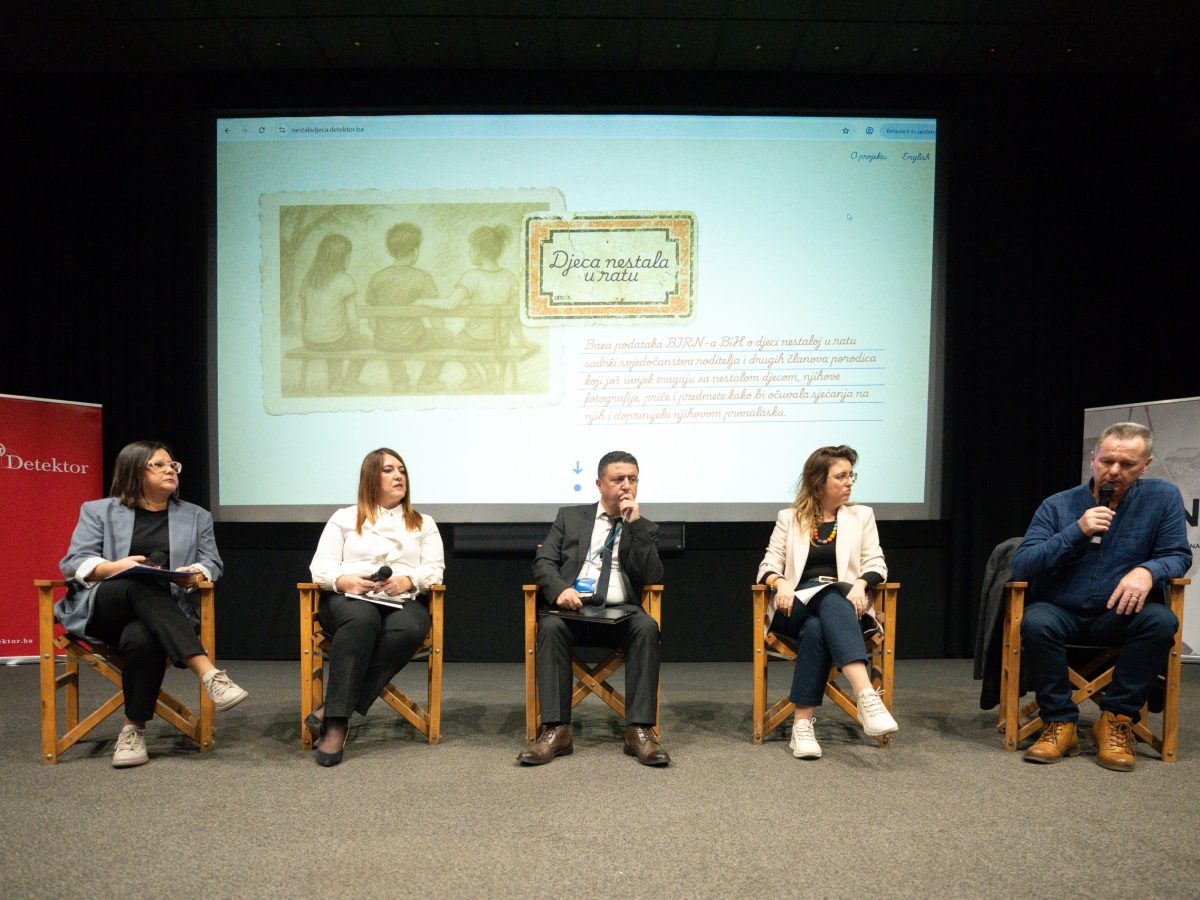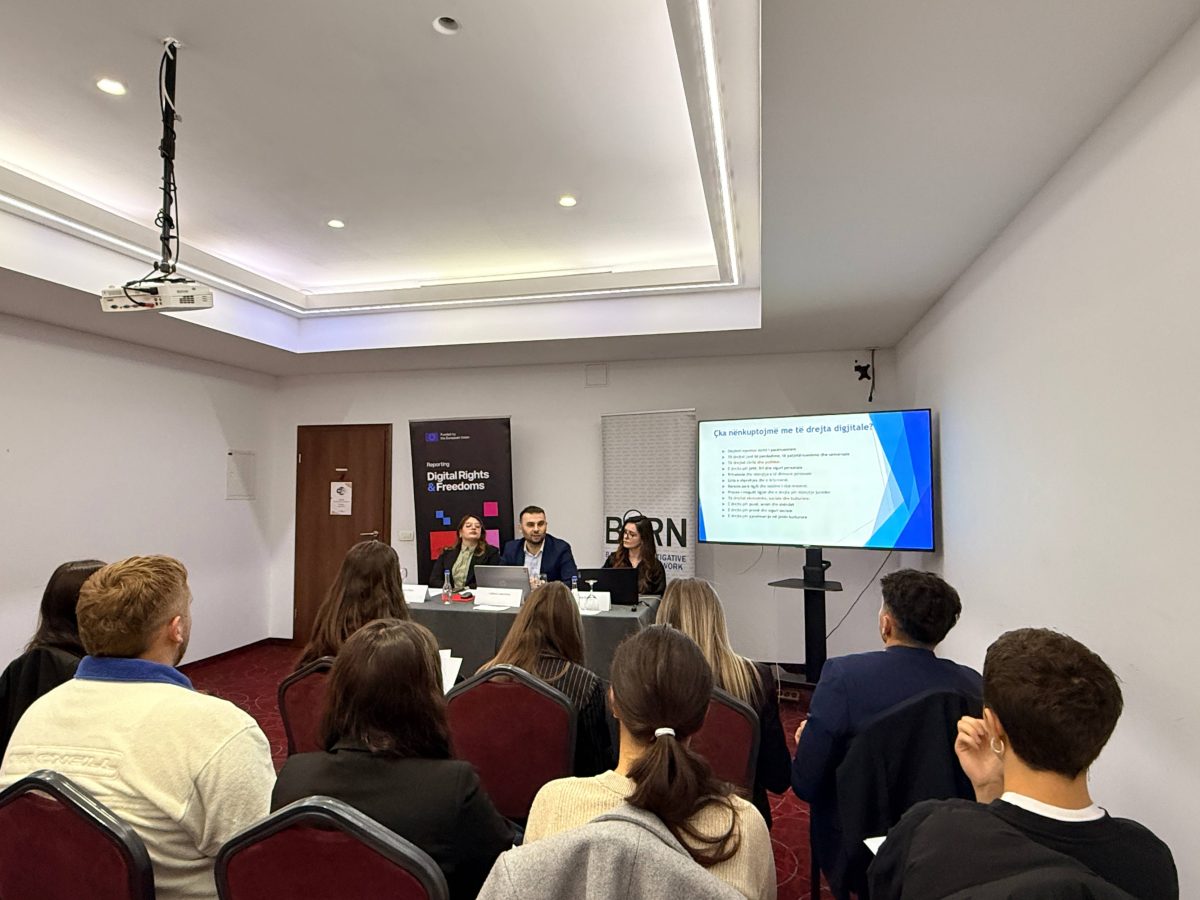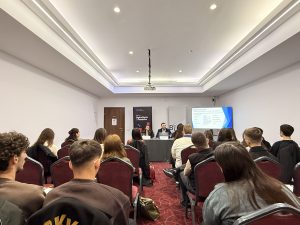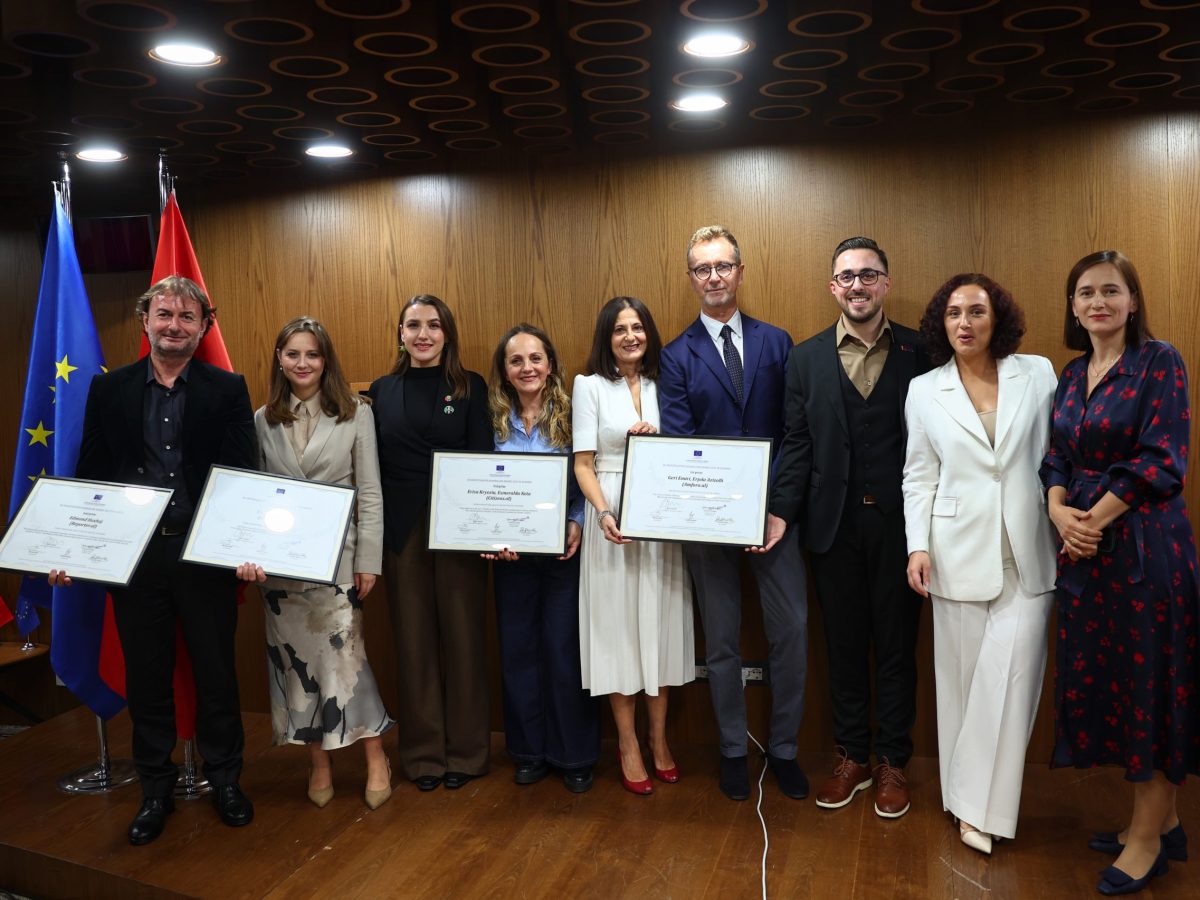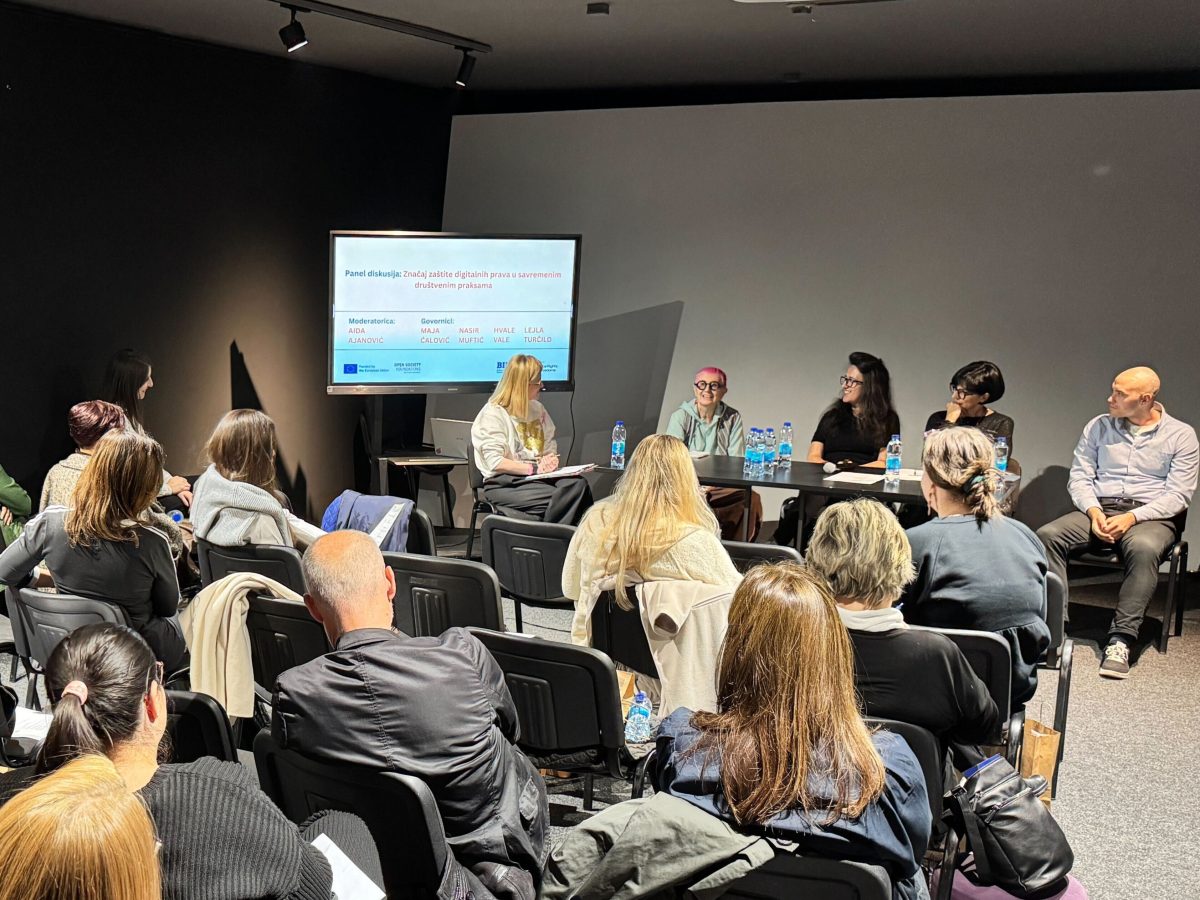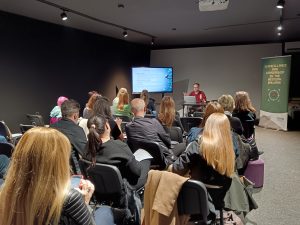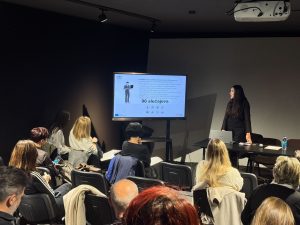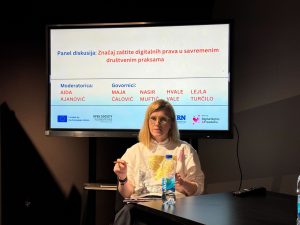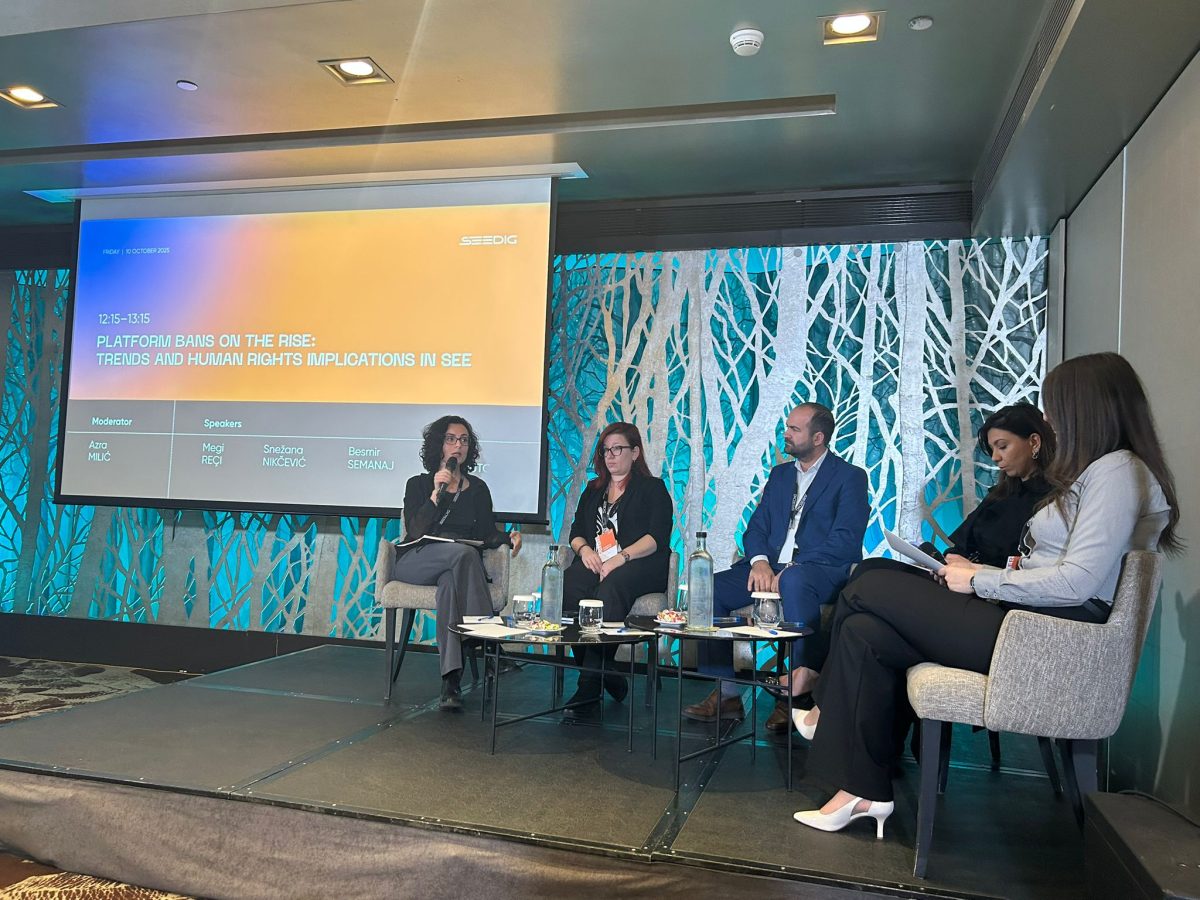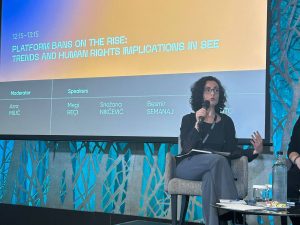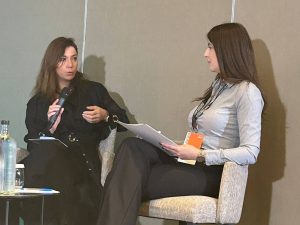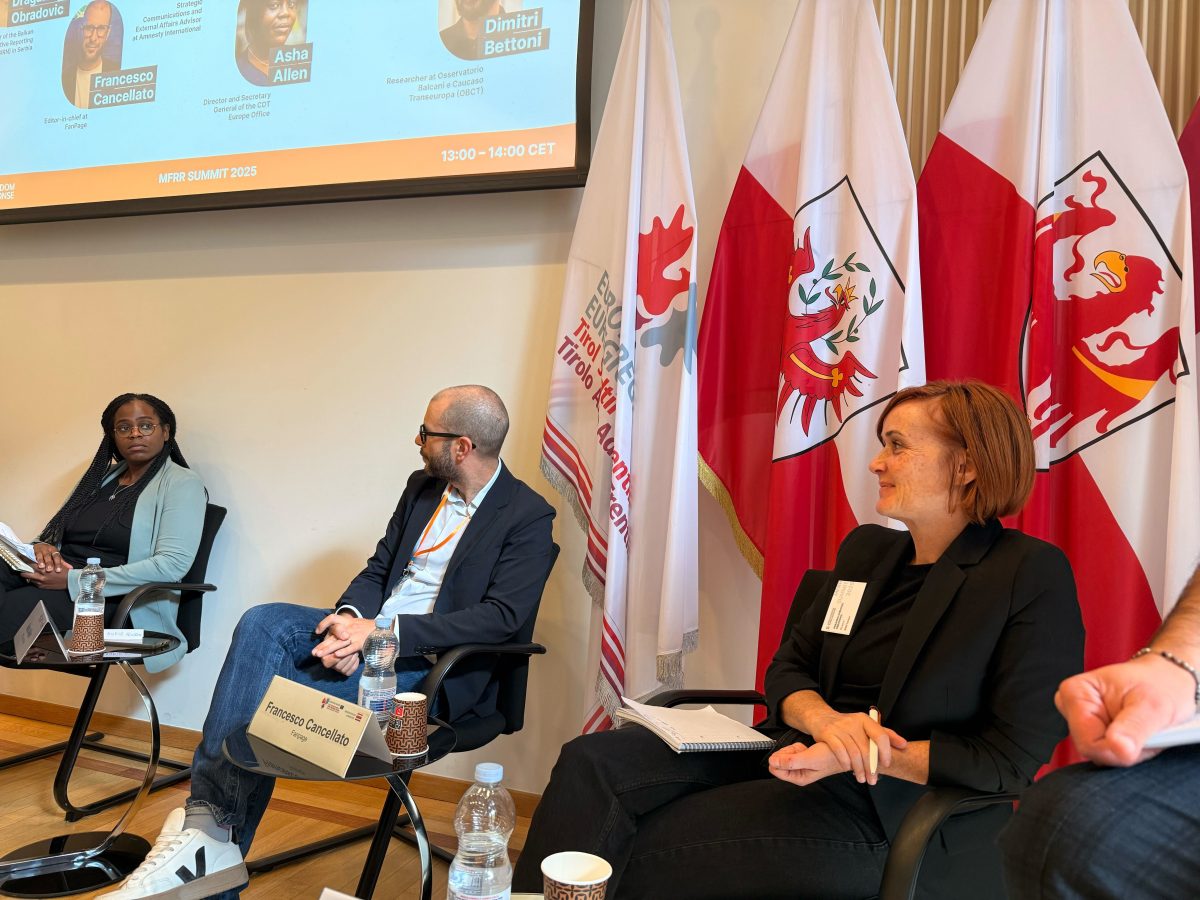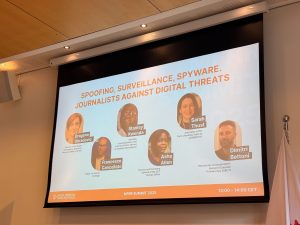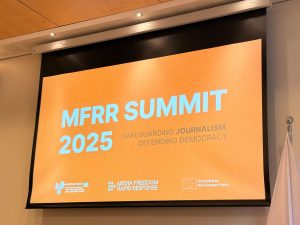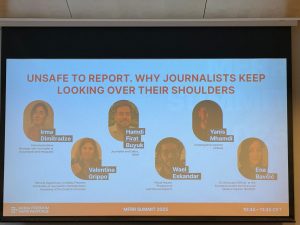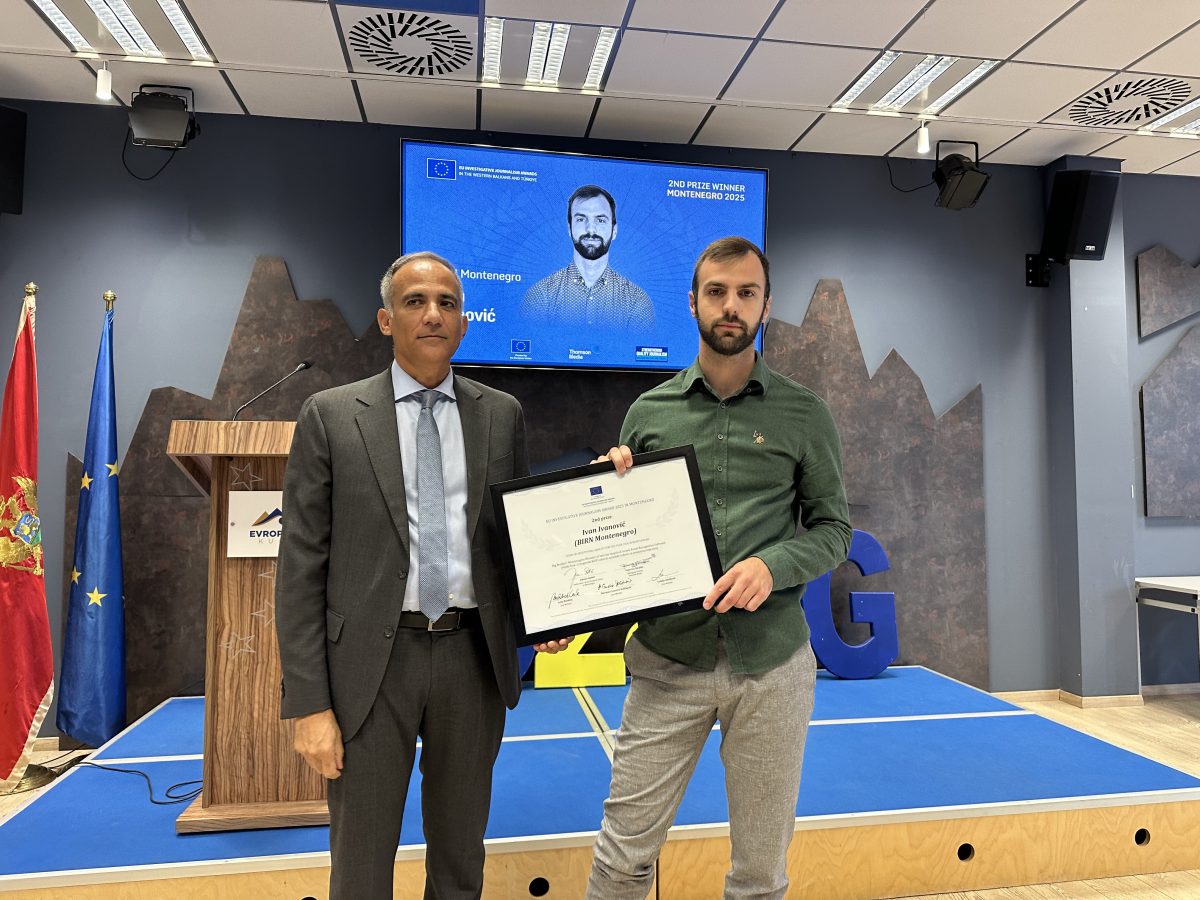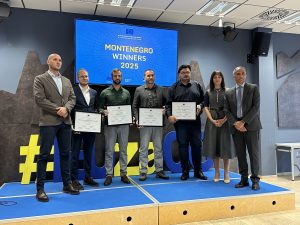The Missing Children of War Database by BIRN BiH aims to draw public and institutional attention to this particularly vulnerable group and their fate, as well as to assist in the search for nearly 400 minors still sought by their families. According to the Missing Persons Institute, 1,297 minors went missing from the territory of Bosnia and Herzegovina during the war.
BIRN BiH Director Denis Dzidic said the project was the essence and heart of what this organisation is doing – telling the stories of people who are often not very visible in society.
“In Bosnia and Herzegovina, there is not enough discussion about trauma, the search for the missing, and those who have the most horrible stories to share, namely parents whose children went missing,” Dzidic said, adding that he hopes the project will awaken the consciences of those who possess any information about these graves.
For the needs of the database, 35 profiles of missing children were recorded, including testimonies of their family members about them and their wishes, which they have never fulfilled, unfortunately.
Aida Lakovic Hoso, Good Governance Sector Leader at the UN Development Programme, UNDP, in Bosnia and Herzegovina, called the Database of the Missing Children a shining example of how investigative journalism, empathy, and technology can jointly contribute to justice, remembrance, and reconciliation.

The documentary, The Unlived Lives, which was screened in Sarajevo, tells the story of three parents from different parts of Bosnia who share the same fate – their newborn babies went missing without a trace, and their continuing desire to find them, even now, more than 30 years after the war began.
The film author, journalist Jasmin Begic, said that this was a never-ending story for the parents. He thanked the parents and family members who had agreed to share their stories.
“Youth was interrupted, as was the future for the children and the opportunity for their parents to enjoy watching their children grow. I hope this film will influence someone and that they will speak up to help move this story forward,” Begic said.
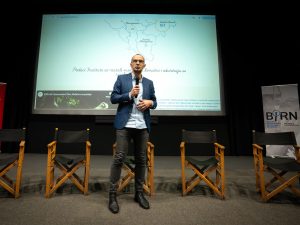
Besides Begic, the film crew includes film editor Elvedin Zorlak, cameramen Mirza Mrso and Anes Asotic, editors Dzana Brkanic and Semir Mujkic, producer Denis Dzidic, and project manager Katarina Zrinjski. Music for the film was made by Dino Sukalo and Dado Musanovic, and the song Why Aren’t You Here was performed by Elma Selimovic Tais.
A panel discussion on missing people after the screening included Fikret Bacic, one of the family members still searching for his two children, Adrijana Hanusic Becirovic, an expert in transitional justice who prepared a case study for the database, Emza Fazlic, spokeswoman of the Missing Persons Institute of Bosnia and Herzegovina and Boris Grubesic, spokesman of the Prosecution of Bosnia and Herzegovina.
The project was implemented thanks to EU Support to the Confidence Building in the Western Balkans – which is funded by the European Union and implemented by the United Nations Development Programme, UNDP in BiH.
